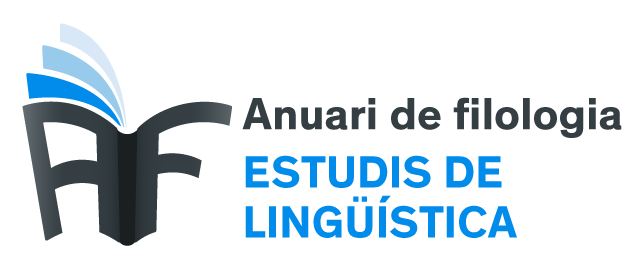La ciencia en el estrado: lenguaje, conocimientos científico-técnicos y función jurisdiccional
DOI:
https://doi.org/10.1344/AFEL2017.7.6Keywords:
language and law, science and trial, expert witness, technology and society, conflicting expert opinionsAbstract
The widespread influence of technology in society is also reflected in the forensic context, where it can be noted a proliferation of extralegal terms as well as an increase presence of new and sophisticated technical means of proof. This phenomenon has triggered serious doubts about the suitability of the current judicial system to face the new scenario.
This article starts with the analysis of the problem as well as the diverse solutions proposed, even those which explicitly or implicitly try to replace the judge by an expert in certain cases. Then the author raises the necessity to set the problem in a communication context in order to overcome the technocratic perspective and to recover the genuine sense of the judicial function.
The conclusion is that, in the procedural context, scientific knowledge is only an instrument for helping judges to interpret certain kind of facts. Therefore, they must be provided in a clear and understandable way to the judge who cannot be an expert in all the scientific subjects related to the legal problems that must be resolved. The burden of proofs rules might be sufficient to solve the cases in which there is a contradiction between the experts.
Downloads
Downloads
Published
How to Cite
Issue
Section
License
The authors who publish in this journal agree to the following terms:
- Authors retain copyright and grant the journal the right of first publication.
- Texts will be published under a Creative Commons: Reconeixement 4.0 Internacional license.






